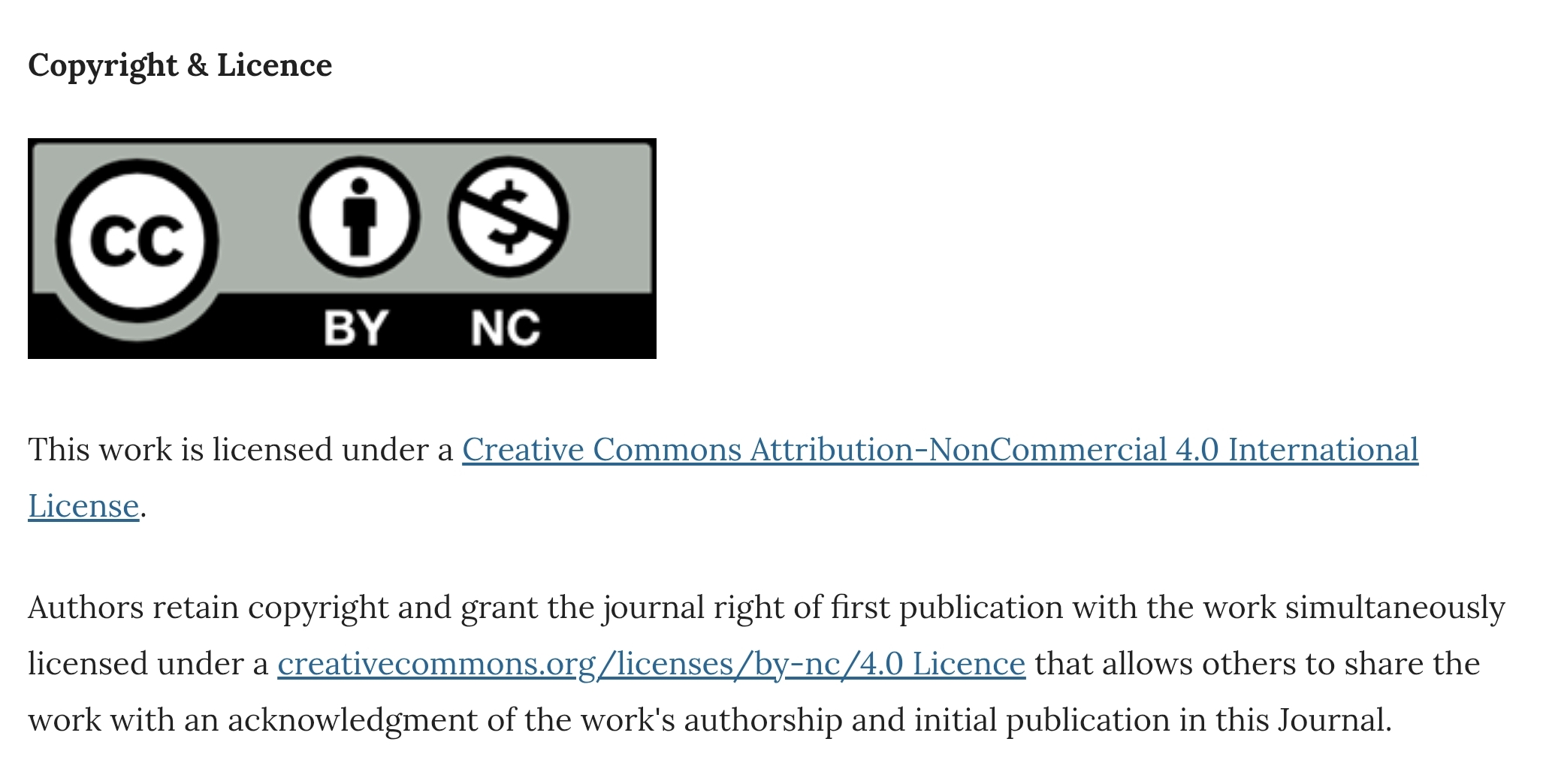Resilience and experiences of nursing students during COVID-19 pandemic: A mixed method study
DOI:
https://doi.org/10.30834/KJP.36.1.2023.358Keywords:
Resilience, experience, nursing students, mixed methodAbstract
Background: COVID-19 resulted in uncertainties and new normal, which had an impact on nursing education too. Therefore, the study aimed to assess the resilience and to explore the experiences of nursing students during the pandemic. Methods: The study adopted a mixed method design. In the quantitative phase, resilience was assessed using Connor-Davidson Resilience scale among 477 nursing students. The data was collected through google forms. This was followed by qualitative phase in which experiences and resilience was explored by conducting eleven In-depth Interviews and five Focus Group Discussions. The resilience was dichotomised into good and poor resilience based on the median score. Latent content analysis was adopted for qualitative analysis. Results: The mean age was 22.15 (SD 4.42). Majority of the study participants were studying were studying for BSc Nursing 297 (62.3%) and 95(19.9%) were studying for three-year diploma nursing course and 37 (7.8%) of students studying for post-graduation in nursing. The mean resilience score was 71.20 (SD 13.74), 95% CI (69.97- 72.44). Domicile and year of study showed significant association with resilience. Four major themes emerged were psychological torment, Experience related to Covid 19, Experience related to teaching learning activity and Resilience. Conclusion: The present study revealed that the mean resilience score of nursing students was high. Educational strategies have to be developed focusing on promotion of resilience among nursing students so that they can render quality nursing care even during pandemic.
Downloads
References
Bartlett ML, Taylor H, Nelson JD. Comparison of mental health characteristics and stress between baccalaureate nursing students and non-nursing students. J Nurs Educ 2016; 55:87-90. doi: 10.3928/01484834-20160114-05.
Chow KM, Tang WKF, Chan WHC, Sit WHJ, Choi KC, Chan S. Resilience and well-being of university nursing students in Hong Kong: a cross-sectional study. BMC Med Educ 2018; 18:13. doi: 10.1186/s12909-018-1119-0.
Lincoln YS, Guba EG. But is it rigorous? Trustworthiness and authenticity in naturalistic evaluation. N Dir Eval. 1986; (30):73–84.
Singh K, Yu XN. Psychometric evaluation of the Connor-Davidson Resilience Scale (CD-RISC) in a sample of Indian students. J Psychol 2010; 1:23–30. doi: 10.1080/09764224.2010.11885442.
Brown EJ, Vargas P. Nursing students’ resilience in response to stress related to the COVID-19 pandemic. Journal of Nursing Education and Practice 2022; 12:34
Hamadeh KS, Garvey L, Willetts G, Olasoji M. Undergraduate nursing students' resilience, challenges, and supports during corona virus pandemic. Int J Ment Health Nurs 2021; Suppl 1:1407-1416. doi: 10.1111/inm.12896.
Labrague LJ. Resilience as a mediator in the relationship between stress-associated with the Covid-19 pandemic, life satisfaction, and psychological well-being in student nurses: A cross-sectional study. Nurse Educ Pract 2021; 56:103182. doi: 10.1016/j.nepr.2021.103182.
Mohammadi F, Masoumi Z, Oshvandi K, Khazaei S, Bijani M. Death anxiety, moral courage, and resilience in nursing students who care for COVID-19 patients: a cross-sectional study. BMC Nurs 2022; 21:150. doi: 10.1186/s12912-022-00931-0.
Afshari D, Nourollahi-Darabad M, Chinisaz N. Demographic predictors of resilience among nurses during the COVID-19 pandemic. Work 2021; 68297-303. doi: 10.3233/WOR-203376.
Laczko D, Hodson A, Dykhuizen M, Knipple K, Norman K, Hand-Cortes P. Nursing students' experiences of mental wellness during the COVID-19 pandemic: A phenomenological study. Teach Learn Nurs 2022; 17:392-397. doi: 10.1016/j.teln.2022.03.002.
Browning MHEM, Larson LR, Sharaievska I, Rigolon A, McAnirlin O, Mullenbach L, etal. Psychological impacts from COVID-19 among university students: Risk factors across seven states in the United States. PLoS One 2021; 16: e 0245327. doi: 10.1371/journal.pone.0245327. Erratum in: PLoS One. 2022 Aug 26;17(8): e0273938.
Mpasa F, Baluwa M, Lungu F, Chipeta MC, Munthali G, Mhango L, etal. COVID-19 related fears among Mzuzu university’s nursing students during clinical practice. Nursing: Research and Reviews 2021; 11:31-39.
Baluwa MA, Konyani A, Chipeta MC, Munthali G, Mhango L, Chimbe E, etal. Coping with fears of Covid-19 pandemic among nursing students during clinical practice. Malawi's Perspective. Adv Med Educ Pract 2021; 12:1389-1396. doi: 10.2147/AMEP.S337783.
Yang Y, Cornelius LF. Students’ Perceptions towards the Quality of Online Education: A Qualitative Approach. Association for Educational Communications and Technology Annual Proceedings 2004 ;861-877
Ewing L, Hamza CA, Walsh K, Goldstein AL, Heath NL. A qualitative investigation of the positive and negative impacts of the COVID-19 pandemic on post-secondary students' mental health and well-being. Emerg Adulthood 2022; 10(5):1312-1327.
Hayat AA, Keshavarzi MH, Zare S, Bazarfcan L, Rezaee R, Faghihi SA, et al. Challenges and opportunities from the COVID-19 pandemic in medical education: a qualitative study. BMC Med Educ 2021; 21:1–13.
Reyes AT, Andrusyszyn MA, Iwasiw C, Forchuk C, Babenko-Mould Y. Nursing students' understanding and enactment of resilience: a grounded theory study. J Adv Nurs 2015; 71:2622-33. doi: 10.1111/jan.12730.
Warshawski S. Academic self-efficacy, resilience and social support among first-year Israeli nursing students learning in online environments during COVID-19 pandemic. Nurse Educ Today 2022; 110:105267. doi: 10.1016/j.nedt.2022.105267.
Downloads
Published
How to Cite
Issue
Section
License
Copyright (c) 2023 M R Athirarani , D Jija, K V Asha (Author)

This work is licensed under a Creative Commons Attribution-NonCommercial 4.0 International License.












